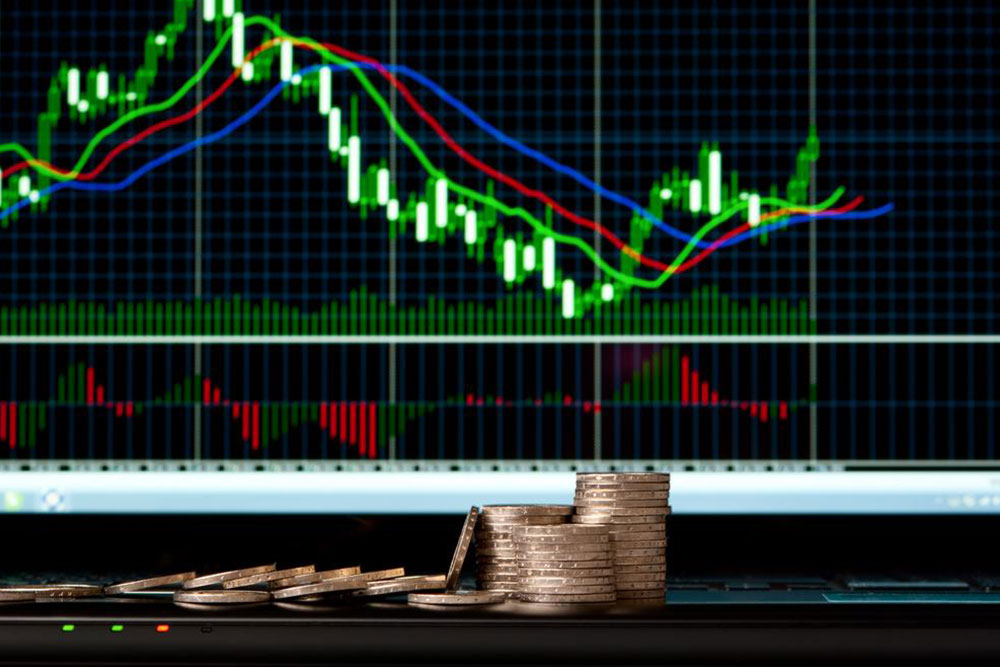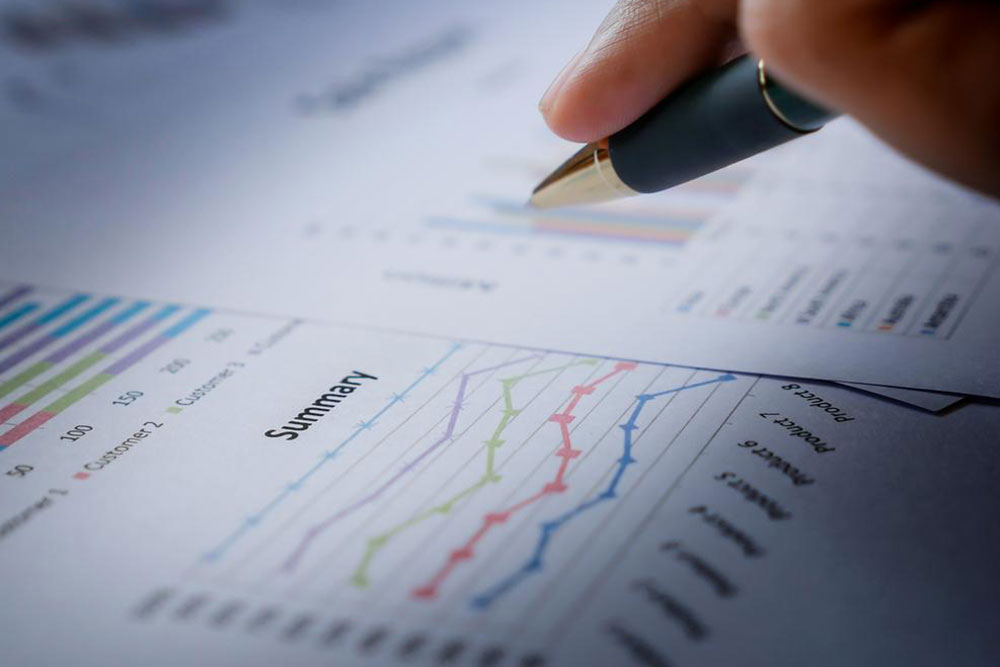The Ultimate Guide to Currency Market Trading: Strategies, Insights, and Tips
This comprehensive guide explores the fundamentals of currency market trading, including how the Forex market operates, key strategies, and tips for success. It emphasizes the importance of regulation, analysis, and disciplined trading to maximize profits and manage risks effectively in this dynamic, 24/7 global financial arena.

Comprehensive Overview of Currency Market Trading
The foreign exchange market, commonly known as Forex or FX, is one of the largest and most liquid financial markets globally. It involves the exchange of currencies from different countries, enabling businesses, governments, and individual traders to conduct international transactions. The Forex market operates as a decentralized, over-the-counter (OTC) marketplace, meaning there is no centralized exchange like stock markets, and transactions are conducted directly between participants via electronic networks. This extensive market operates 24 hours a day, five days a week, providing ample opportunities for traders worldwide to participate.
Understanding the basics of Forex trading is essential for anyone interested in entering this dynamic industry. The aim of traders is to profit from changes in currency values by predicting whether a currency will appreciate or depreciate relative to another currency. Successful trading requires comprehensive analysis, strategic planning, and disciplined execution.
At the core of Forex trading are currency pairs, such as EUR/USD, USD/JPY, and GBP/USD. The first currency listed in a pair is known as the base currency, and the second one is the quote currency. For example, in the EUR/USD pair, the Euro is the base currency, and the US dollar is the quote currency. When the price of the EUR/USD rises, it indicates that the Euro is strengthening against the dollar. Conversely, a decline suggests the Euro is weakening.
Participants execute trades through brokers, which serve as intermediaries connecting traders with a broader network of financial institutions, including banks and liquidity providers. These brokers offer trading platforms that facilitate quick execution of buy and sell orders, often with leverage, allowing traders to control larger positions with smaller capital outlays.
Retail traders, which include individual investors and small trading firms, seek to capitalize on short-term and long-term currency movements. Their trading decisions are influenced by a wide range of factors including economic indicators (like GDP, employment figures, and inflation rates), political events, geopolitical tensions, and central bank policies. For example, news about a country's interest rate decisions can cause immediate fluctuations in a currency's value.
The Forex market is active round-the-clock, opening on Sunday evening and closing on Friday evening GMT, allowing traders across different time zones to participate continuously. This connectivity creates numerous trading opportunities but also demands that traders stay alert to global news and market developments that can impact currency prices.
To operate safely and effectively in the Forex market, regulation is crucial. Many reputable brokers are registered with regulatory bodies such as the National Futures Association (NFA) in the United States, the Financial Conduct Authority (FCA) in the United Kingdom, or the Australian Securities and Investments Commission (ASIC). These agencies help ensure transparency, safeguard traders’ funds, and enforce fair trading practices.
Some of the most well-known and trustworthy Forex brokers include Forex.com, OANDA, Interactive Brokers, Thinkorswim, and ATC Brokers among others. These platforms offer advanced analytical tools, demo accounts for practice, and various trading accounts tailored to different levels of experience and trading styles.
Success in currency trading isn't guaranteed and involves significant risks, particularly due to the high leverage many brokers offer. Leverage amplifies both potential gains and losses, making disciplined risk management strategies essential. Traders should develop a solid understanding of technical analysis (charts, patterns, indicators) and fundamental analysis (economic data, political stability), along with keeping emotions in check during volatile periods.
While trading currencies can be lucrative, it’s vital for beginners to educate themselves thoroughly and start with demo accounts before risking real capital. Continuous learning, careful analysis, and a disciplined trading plan can increase the likelihood of success in this fast-paced and competitive market.





